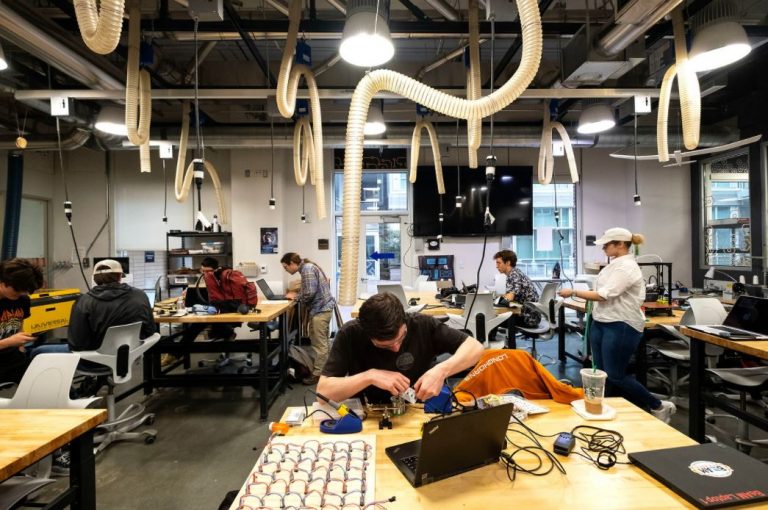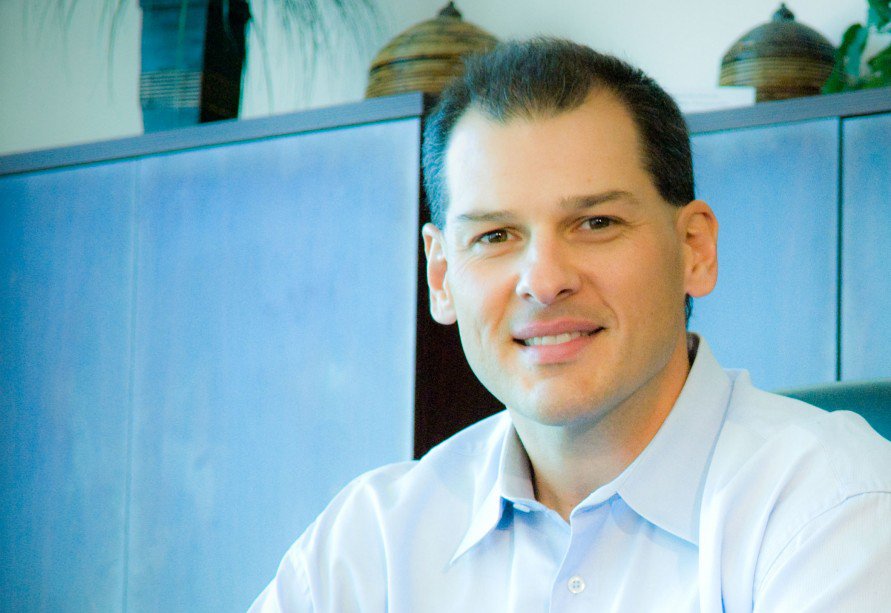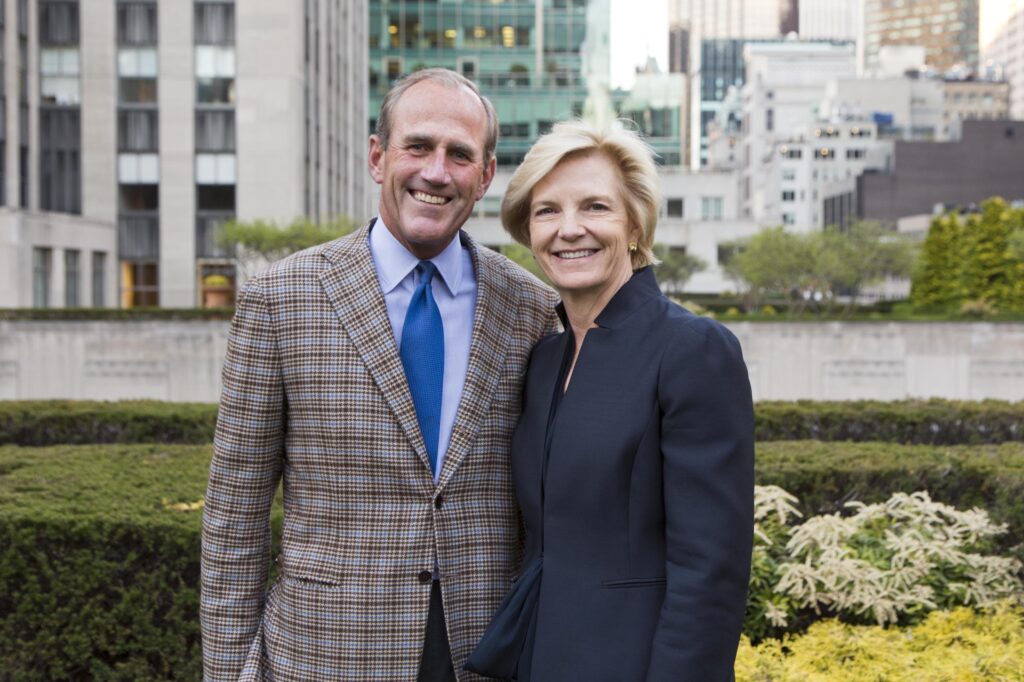UNC-Chapel Hill Receives Second Grant From the Kern Family Foundation to Assess Entrepreneurial Engineering Collaboration
December 13, 2021

Students working on projects in the BeAM Design Center in Murray Hall at UNC-Chapel Hill. (Jon Gardiner/UNC-Chapel Hill)
In 2020, the University of North Carolina at Chapel Hill joined the Kern Entrepreneurial Engineering Network (KEEN) — a network of universities across the United States with a shared vision of equipping engineers with an entrepreneurial mindset so they can create personal, economic and societal value through a lifetime of meaningful work.
Now, thanks to a new $631,000 grant from the Kern Family Foundation, a new KEEN assessment project will be led by Viji Sathy, associate dean for evaluation and assessment in undergraduate education in the College of Arts and Sciences and a professor in the department of psychology and neuroscience. Dean Sathy’s strategic priority is to use high quality assessments and research designs to learn about student programs and educational experiences. She also directs the Townsend Program for Education Research in the Office of Undergraduate Education, which is designed to address these priorities.
“It is an honor that the Kern Family Foundation has recognized our campus for its assessment expertise. We’ve assembled a great team at UNC, along with our grant partners, to help shape the future of engineering education,” Sathy said.
Known as the Cooperative eMerging Partnership for Assessment Support and Success of the 3Cs (KEEN COMPASS), this project seeks to further cultivate the entrepreneurial mindset in students through enhanced teaching, which will be informed by improved assessment practices. The impact of KEEN COMPASS will be felt by the Engineering Unleashed community – a growing community of more than 3,500 engineering faculty and staff from more than 340 colleges and universities, who have a shared mission to graduate engineers with an entrepreneurial mindset. KEEN COMPASS will move this Engineering Unleashed community forward in its assessment practices in several long-term, sustainable ways. Sathy and the UNC team will work with faculty and staff at the University of Portland, the University of Washington Tacoma and other KEEN partner institutions, including the Ohio State University and Western New England University.
Sathy explained that the project aims to first engage the Engineering Unleashed community in understanding the “landscape” in terms of established and emerging entrepreneurial mindset assessment tools and resources. “Secondly, our partners will then be able to utilize our measurement and assessment expertise to conduct reviews of their existing tools, improve them if possible and develop new tools as gaps arise,” she said. The focus of the project will then turn to synthesizing the tools available into easily navigable and well-organized systems, modules and protocols that will help users choose appropriate tools that can be readily used by the Engineering Unleashed community in studies of their programs.

(Jon Gardiner/UNC-Chapel Hill)
“These tools will include trainings and coaching for multiple perspectives, including a variety of institution sizes, resources and backgrounds in assessment,” Sathy said. “Partner institutions will pilot these modules and protocols in an iterative improvement process and ensure the end products support the network in a variety of ways as long-term tools owned by the network to be used for years to come.”
Project partner, Heather Dillon, professor and program chair for mechanical engineering at the University of Washington Tacoma, noted, “This is an exciting opportunity for enhancing engineering education in new ways. We are working to help engineering faculty think about student mindset and how to measure it. By supporting student-centered education, we are empowering the engineers of the future.”
“KEEN COMPASS will help harness an enormous body of knowledge and experience and make it easier for a new faculty member or institutions to utilize it,” said Terry Rhodes, dean of the College of Arts and Sciences. “Dean Sathy and her collaborators will provide a guiding compass to allow faculty to understand the current range of assessment tools and select the method that is best for their classroom or campus type.”
About The Kern Family Foundation: The Kern Family Foundation invests in the rising generation of Americans, equipping them to become tomorrow’s leaders and innovators. Established in 1999, the Wisconsin-based foundation invests in the rising generation of leaders. It aims to effect systemic change through partnerships to preserve the tradition of private enterprise. Its three program areas are Education and Character; Faith, Work and Economics; and Entrepreneurial Engineering.



